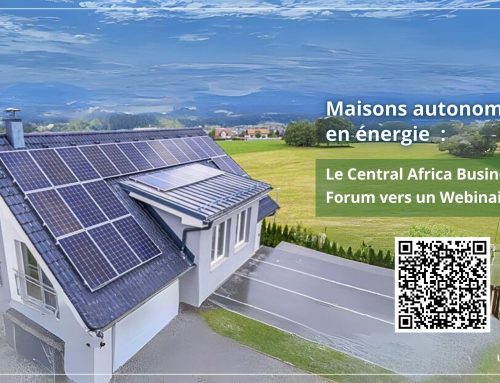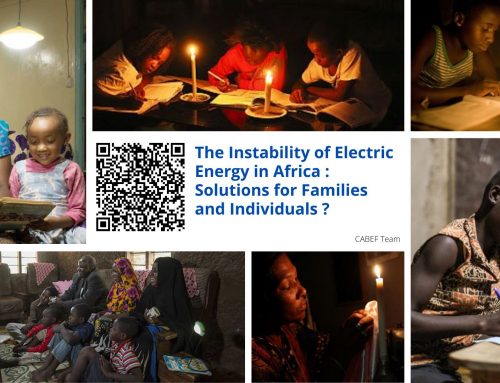As we gather at COP28, the imperative to address Climate Change. Africa’s dynamic energy needs takes center stage. With only 4 percent of global carbon emissions at 1.45 billion tonnes. We cannot talk of energy transition in Africa and in Central Africa in particular. Central Africa is yet to witness « energy emergence » .
In this discourse, the transformative role of gas, particularly championed by the Central Africa Pipeline System (CAPS), becomes paramount. As an advocate for energy mix for Central Africa, i would like to take this opportunity to offer some insights into the innovative strides and strategic considerations that define our regional energy landscape.
*Background: Catalysts for Change in Gas Innovation*
In the ever-evolving spectrum of Africa’s energy requirements, gas emerges as a catalyst for a cleaner and more efficient energy alternative. At the forefront of this paradigm shift stands CAPS, positioning itself not merely as a project but as a vital strategy steering Central Africa toward a net-zero future.
Strategic Initiatives with success stories on gas to power in Central Africa.
Perenco’s strategic endeavors in Moundou, Chad, materialized in the Moundou Power Station, underscoring their proficiency in managing the Badila and Mangara fields. This facility significantly enhances electricity generation, liberating a city previously constrained by power limitations.
The foresight in integrating gas into the Keda tile factory in Cameroon, as outlined in the contract signed on September 29, 2022, involving SNH, Perenco, and Keda Cameroon Ceramics LTD, holds promise not only for energizing industrial processes but also stimulating economic activity.
Perenco’s steadfast commitment to expanding LPG production at the BIPAGA gas plant in Cameroon further emphasizes gas profound impact across diverse sectors. However, these significant gains accomplished by the private sector will remain meaningless for Central Africa as a whole if there is no proper infrastructures such as gas pipeline networks and interconnected power grids to get the population access to energy. If we remain inactive, countries in Central Africa will continue to suffer from energy poverty.
Energy Independence Mandate: A Regional Imperative
Against the backdrop of Gabon’s commendable 91% electrification rate, the imperative for energy self-sufficiency in the region becomes evident. However, the stark reality of low electrification rates in Chad and the Central African Republic emphasizes the need for targeted interventions to bridge the energy gap.
Advocating for CAPS Implementation at COP28: A Call to Action
Strategically redirecting gas production for local use becomes paramount, ensuring a sustainable supply for electricity, industrialization, LPG for cooking.
I implore financial institutions to recognize CAPS as a groundbreaking investment opportunity in Africa, seamlessly aligned with sustainability goals and promising economic resilience.
In conclusion, my plea to all stakeholders is to rally behind CAPS, recognizing its potential to unlock Central Africa’s energy landscape. Let COP28 mark the beginning of a collective journey towards a future defined by energy independence, economic prosperity, and environmental stewardship.
Nathalie LUM,
Chairwoman of CABEF.






Laisser un commentaire